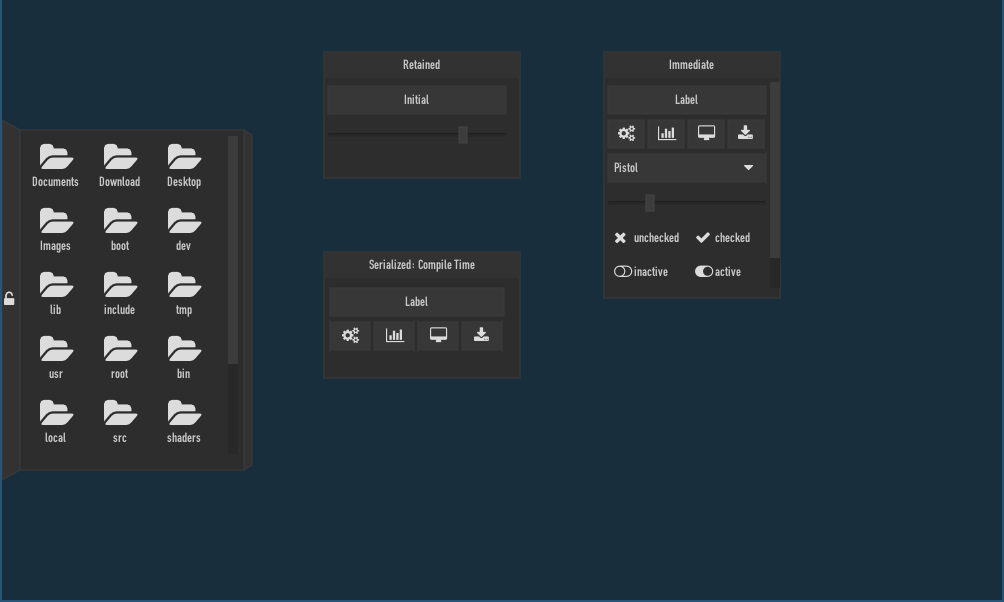Some time has past (three years!) since I last wrote about API specifically about coroutines style APIs so I thought why not write another one about a different API type I encounter relatively often. The builder API.
Now first let me take a step back and put this into 20,000 feet view on where builder APIs are located in the grant scheme. In general everything in computing is separated into input, processing and finally output. In its most basic form I am currently typing on my keyboard. All pressed keys are processed from the OS up to the browser I am writing this in and finally rendered and displayed on the screen as output. Of course this example is very user centric
